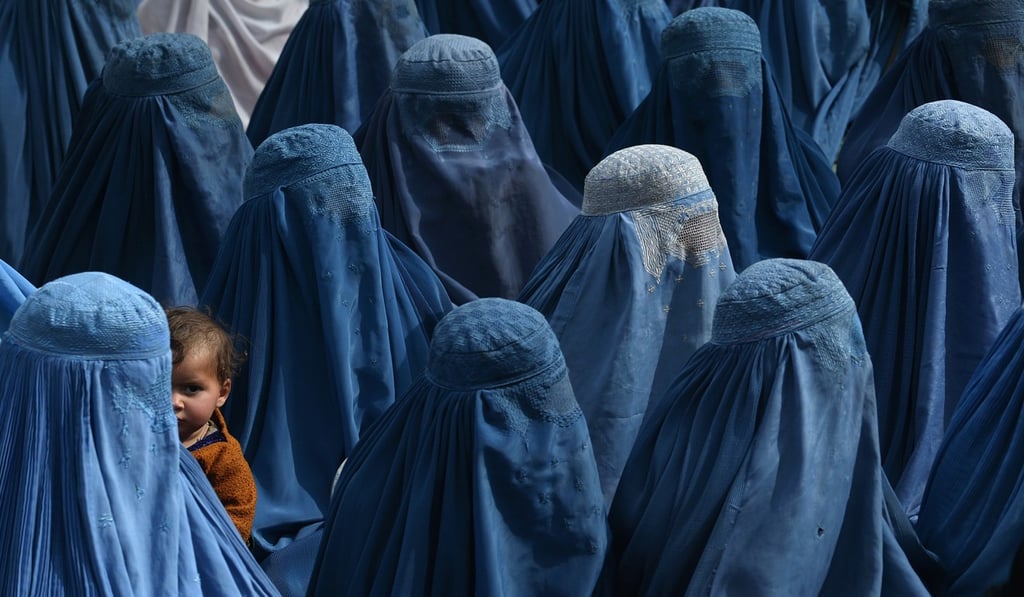Afghanistan’s ‘Internet Generation’ fear peace with Taliban
- For five years until 2001, the fundamentalist Islamic movement ruled much of Afghanistan with a brutal interpretation of sharia law
- Peace with the group is now a prospect, but the country’s young adults dread what that might mean for their futures

While the Taliban ruled, television, music and cinemas were banned. Men were made to grow beards and women had to wear the all-enveloping burka. The group imposed a brutal version of sharia law that mandated public executions and amputations, and barred women from all aspects of public life.

The regime was toppled in 2001 following a US-led invasion, and in the years since a new generation of Afghans has emerged in the country’s big cities who have lived most, if not all, of their lives free of the yoke of hardline Islamism.
This so-called Internet Generation has been influenced as much by social media and international pop culture as by the teachings of religious scholars. Many have had better access to education than past generations and have only ever seen the Taliban on the news.